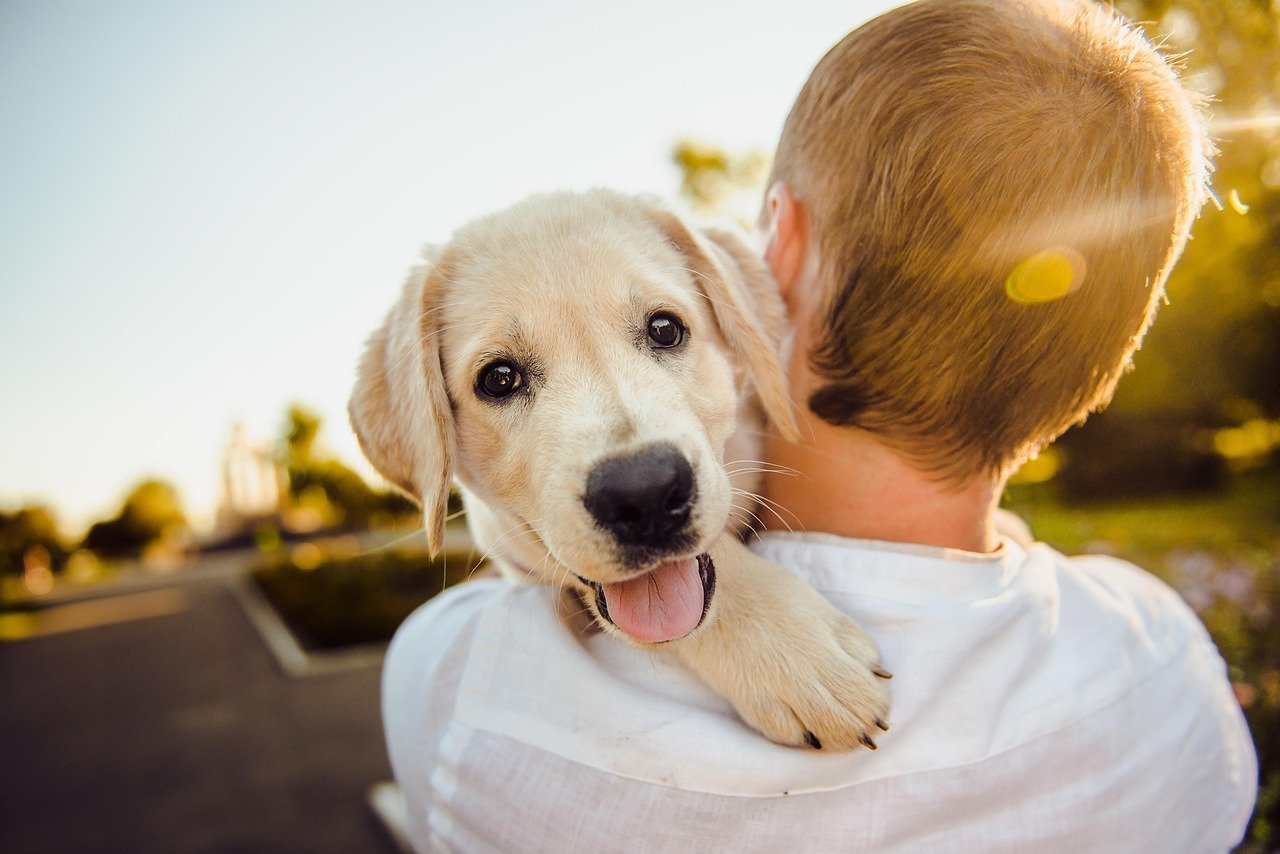Are you ready for a new adventure now that your working days are behind you? Imagine coming home, not to a silent house, but to a wagging tail, eager eyes, and unconditional love. Dogs have a magical way of bringing warmth and laughter into our lives, especially when the world feels a little quieter. But is adopting a dog after retirement always the right move? Let’s explore the heartwarming—and sometimes challenging—truths about sharing your golden years with a furry friend.
Unmatched Companionship
After retirement, it’s common to feel a sudden emptiness where busy office chatter and daily routines once lived. A dog fills that space with constant companionship. Whether you’re enjoying your morning coffee or tackling a puzzle, your dog will be right there, making even the simplest moments feel special. They never judge if you wear pajamas until noon or binge-watch old comedies. For many, a dog quickly becomes a loyal friend who listens without interruption and offers comfort without condition. Their presence can ease feelings of loneliness and make your house feel like a home again. There’s something deeply comforting about knowing someone is always happy to see you, even on the rainiest days. If you’ve ever felt the silence after the kids moved away, a dog’s joyful bark can be the perfect antidote.
Boosting Physical Activity
Retirement often means more time for relaxation—but also the risk of becoming less active. Dogs are natural motivators for getting up and moving. Daily walks, playful fetch sessions in the yard, or even a tug-of-war in the living room mean you’ll be on your feet more often. Studies repeatedly show that dog owners tend to walk farther and more frequently than those without dogs. The need to care for your dog can help you establish a healthy routine, making it easier to keep joints limber and maintain mobility. Plus, a brisk stroll with a curious pup is far more enjoyable than a solo walk around the block. You might even find yourself discovering new parks or trails you’d never explored before. Your dog won’t let you skip a day, and in return, you’ll feel healthier and more energized.
Emotional Healing and Stress Relief
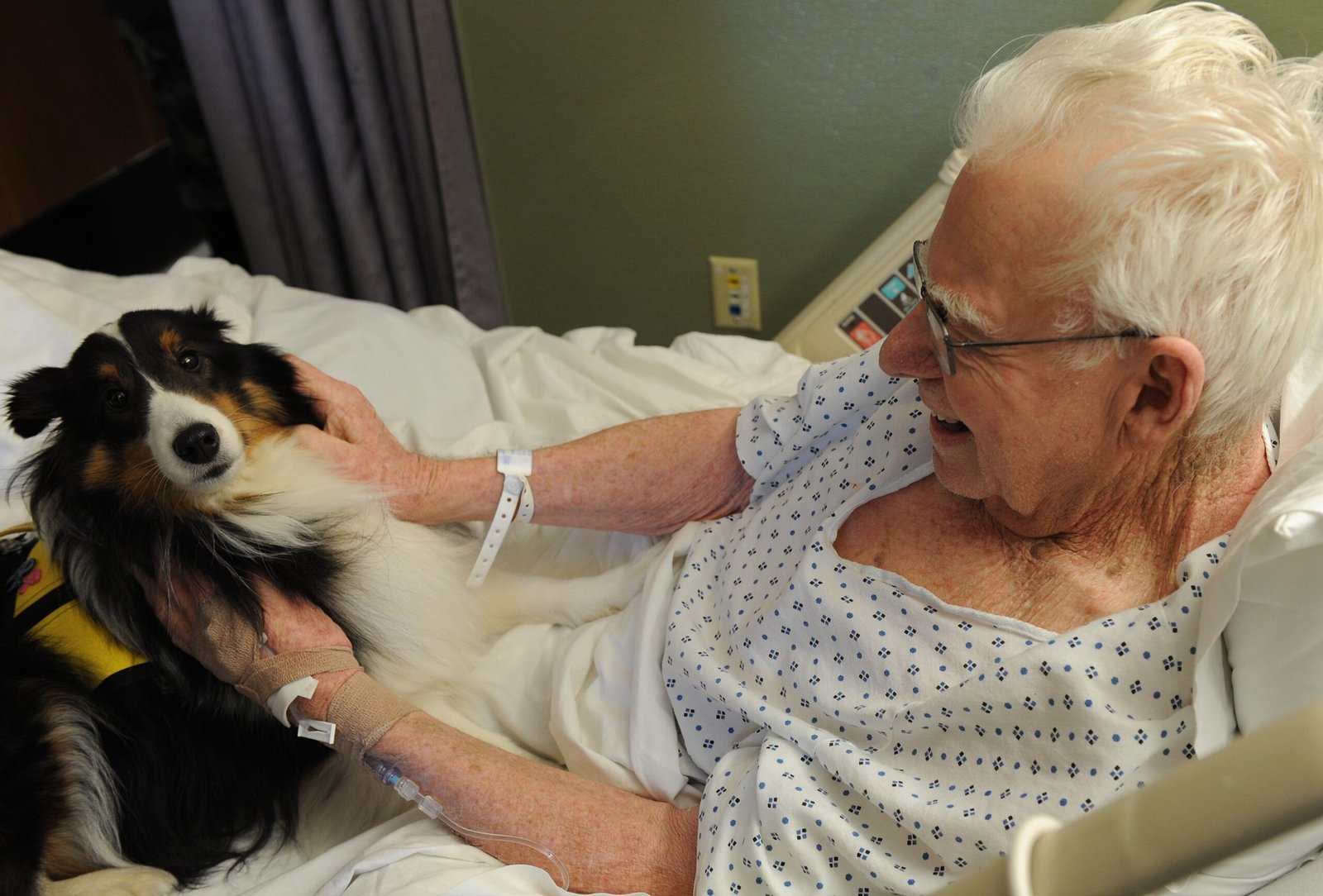
Life after retirement isn’t always rosy—sometimes worries about health, finances, or purpose can weigh heavy. Dogs have a unique gift for soothing anxiety and lifting spirits. Their loving gaze, gentle nudge, or silly antics can turn a tough day around in a heartbeat. Research has shown that simply petting a dog can lower blood pressure and reduce stress hormones. There’s a reason dogs are so often used in therapy settings! Their presence brings a calmness that medication can’t match. When you’re feeling blue, your dog won’t offer clichés or advice—they’ll just be there, quietly reminding you that you’re loved. For many retired folks, this emotional support is nothing short of life-changing.
Creating a Daily Routine
After years of structured workdays, retirement can feel strangely unanchored. Dogs thrive on routine, and by caring for one, you’ll find your own days falling into a pleasant rhythm. Feeding times, bathroom breaks, walks, playtime, and grooming all provide natural structure to your time. This predictability can make the days feel purposeful and productive, helping stave off that aimless “What now?” feeling. Even on days when you might be tempted to stay in bed, your dog’s expectant face will motivate you to get moving. This sense of responsibility often brings a renewed sense of accomplishment. You might be surprised by how much the simple act of caring for your dog helps you care for yourself.
Social Connections and Friendships
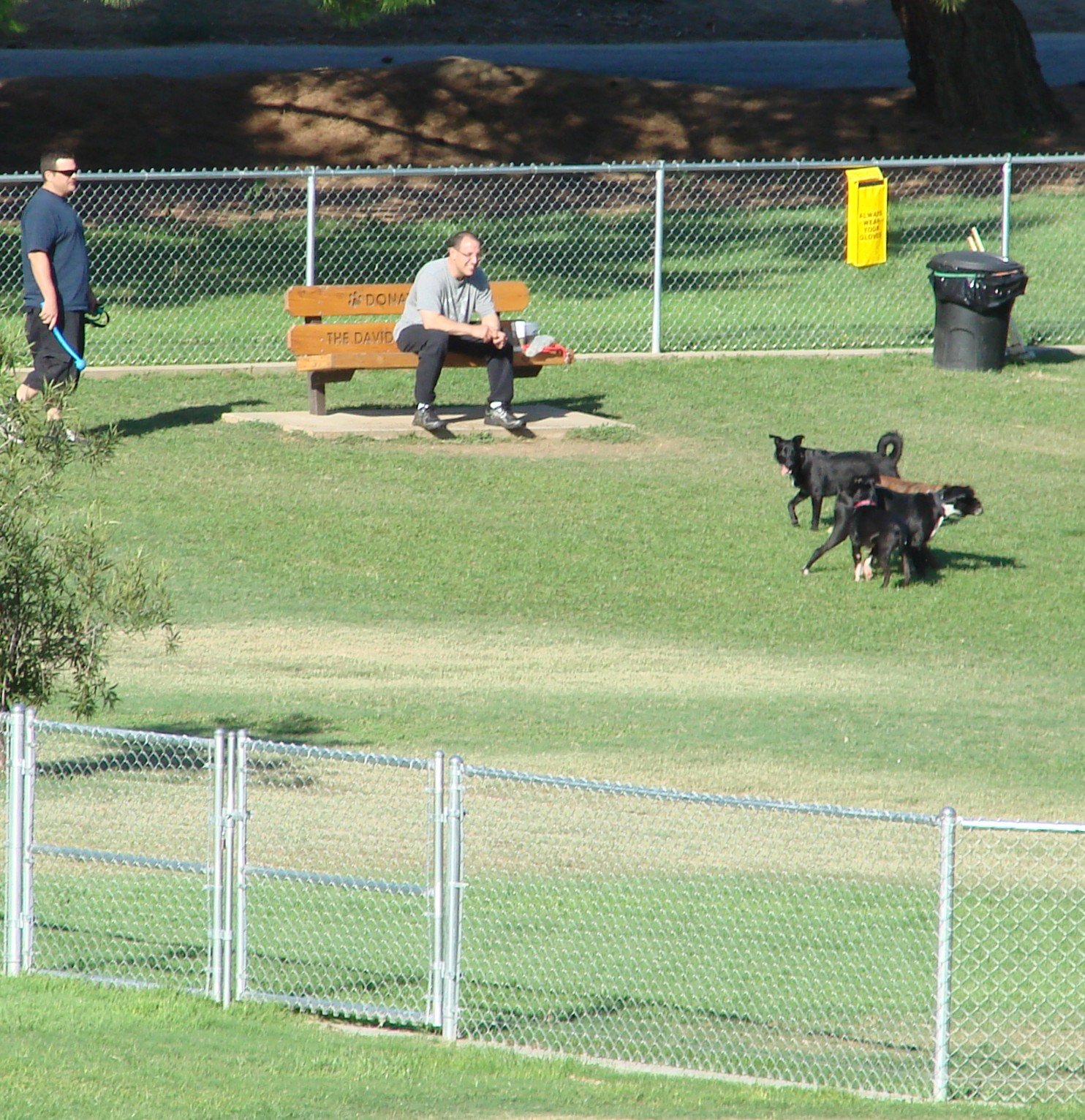
Dogs are social magnets. It’s nearly impossible to walk a friendly dog without someone stopping to say hello or share a story about their own pet. Whether at the park, on the street, or at a dog-friendly café, your furry companion opens doors to new friendships. Retirement can sometimes shrink our social circles—but dogs help expand them again. You’ll quickly spot familiar faces on your routes, and casual hellos can turn into meaningful conversations. Many communities also have dog groups or clubs you can join, adding a fun social layer to your routine. For shy or introverted retirees, a dog can make socializing less daunting—and a lot more enjoyable.
Sense of Purpose and Fulfillment

After decades of building a career and raising a family, many retirees crave a new sense of purpose. Adopting a dog delivers just that. Your dog depends on you for love, safety, and care. Every time you fill their bowl or scratch their belly, you’re making a real difference in their life. Many retirees describe feeling needed and valued in a way that’s deeply rewarding. Watching your dog thrive because of your efforts adds meaning to each day. Plus, it’s an opportunity to give back—especially if you choose to adopt a rescue dog. For anyone struggling to find “what’s next,” a dog can be the answer.
Improved Mental Sharpness
Caring for a dog involves more than just physical activity—it keeps your mind sharp, too. Remembering feeding schedules, medication times, or training commands stimulates mental faculties. Dogs are also masters at teaching us to stay present and mindful. Their playful curiosity can inspire you to learn new things, whether it’s reading up on dog nutrition or mastering clicker training. Many retirees find that their vocabulary grows along with their dog’s trick repertoire! Engaging with your pet—talking to them, observing their behavior, and solving little problems—works your brain in ways that crossword puzzles alone can’t.
Safety and Security

Even the gentlest dog can be a surprisingly good deterrent against unwanted visitors. Their presence alone—whether a deep bark or a watchful stance—can make your home feel safer. For retirees living alone, this sense of security is invaluable. Some breeds are especially alert and protective, but even a small dog will usually let you know if something’s amiss. Beyond home security, dogs also provide safety during walks, especially in unfamiliar areas. They can sense when something isn’t right and draw attention if you need help. It’s like having a little guardian by your side, always looking out for you.
Unconditional Love and Joy
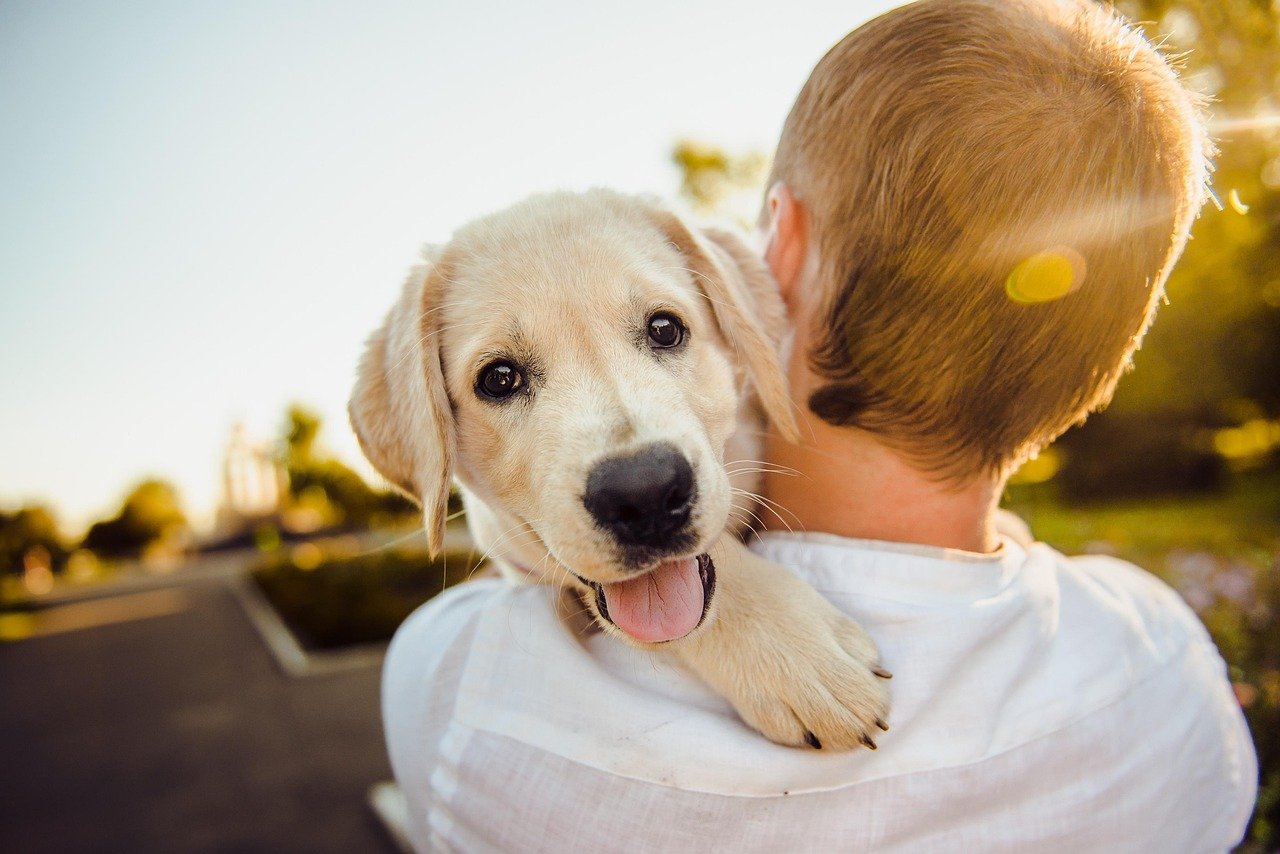
There’s nothing quite like the love of a dog. It’s wild, boundless, and completely without judgment. Dogs don’t care about wrinkles, grey hair, or whether you forgot where you put your keys. They simply adore you for being you. This unconditional love can be deeply healing, especially during moments of self-doubt or vulnerability. Their joyful greetings, playful nature, and goofy antics bring laughter and lightness into everyday life. Many retirees find themselves grinning more and worrying less. It’s a kind of happiness that sneaks up on you, brightening even the dullest day.
Opportunities to Travel—With a Twist!
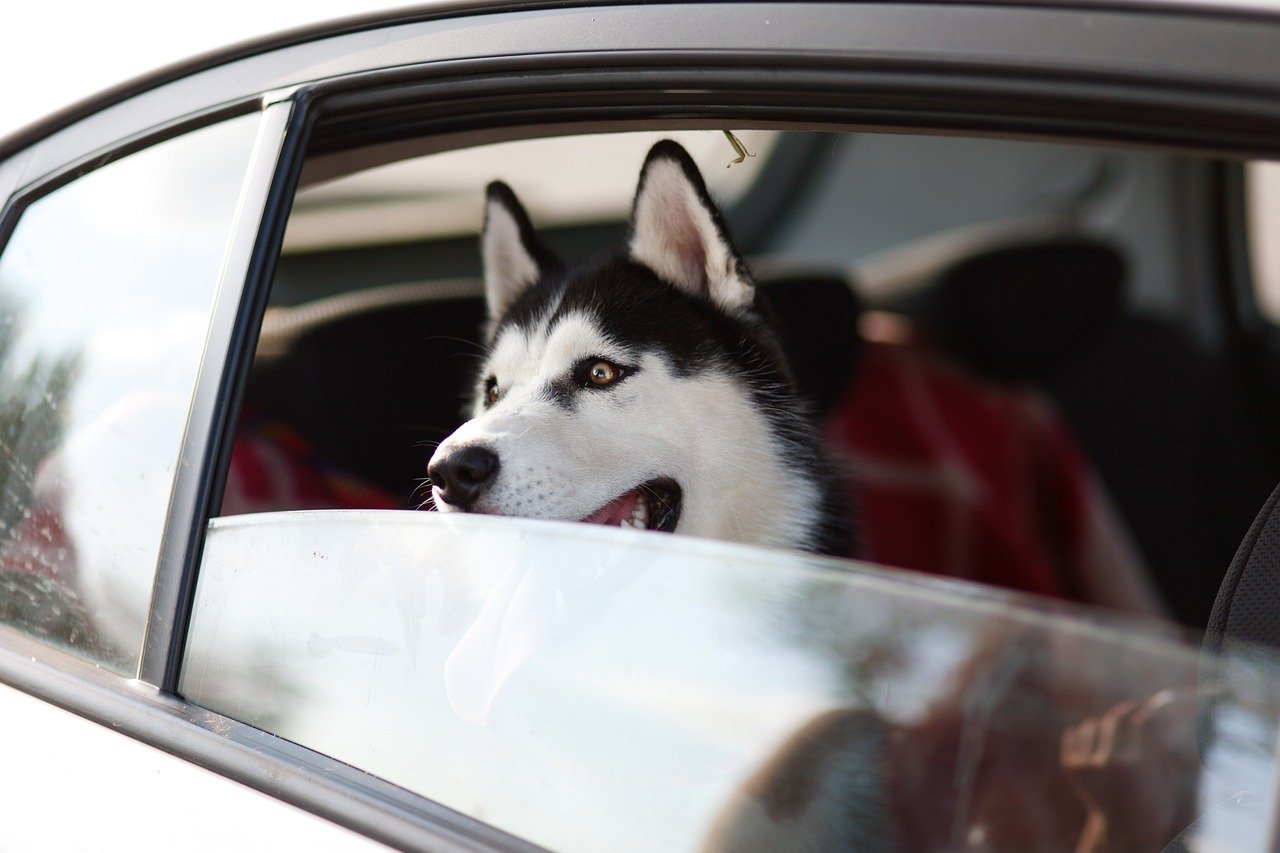
You might think a dog would limit your travel options, but for many retirees, it actually enhances the adventure. Road trips become more fun with a canine co-pilot, and discovering dog-friendly destinations can add a whole new layer of excitement. There’s a growing world of pet-friendly hotels, parks, and even restaurants. Traveling with a dog encourages you to slow down, explore off-the-beaten-path places, and meet fellow dog lovers along the way. While it’s true that spontaneous getaways might require more planning, the trade-off is a travel buddy who’s always up for a new adventure.
Potential Costs and Financial Considerations

As wonderful as dogs are, it’s important to acknowledge the financial commitment they require. Veterinary bills, food, grooming, toys, and unexpected health issues can add up quickly. For retirees on a fixed income, these costs may cause stress or require tough choices. It’s wise to tally up the expected yearly expenses before bringing a dog home. Some breeds are more affordable than others, but even the healthiest pup will need regular check-ups and supplies. Planning ahead—and possibly investing in pet insurance—can help avoid unpleasant surprises. Being realistic about your budget is crucial to ensuring a happy, worry-free relationship with your new companion.
Physical Limitations or Health Concerns
Dogs need exercise, play, and sometimes demanding care. If you have mobility challenges, chronic pain, or serious health issues, certain breeds or energy levels might be overwhelming. Puppies, for example, are adorable but notoriously high-maintenance! For retirees dealing with physical limitations, it’s important to be honest about what you can handle. There are senior dogs and less active breeds that can be wonderful matches, but even they require regular walks and attention. Sometimes, waiting until your health stabilizes or considering alternatives—like volunteering at a shelter—might be the best choice for now.
Traveling or Extended Time Away
One of the biggest perks of retirement is the freedom to travel. But dogs don’t always fit easily into jet-setting plans. Boarding kennels, pet-sitters, or traveling with your dog all require extra effort and expense. If you dream of spontaneous cruises or visiting far-flung family members for weeks at a time, having a dog can complicate things. Some retirees find the joy of having a pet outweighs the inconvenience, while others prefer the flexibility of being pet-free. It’s important to weigh how much you value travel freedom before making your decision.
Emotional Readiness and Commitment
A dog is not just a furry roommate—they’re a lifelong commitment, often lasting 10 years or more. If you’re still processing major life changes or grieving a loss, it’s okay to wait. Dogs sense our emotions, and they deserve a home where they’re included fully and joyfully. Adopting on impulse or out of loneliness can sometimes backfire, leading to regret or, worse, the need to rehome your pet. Take time to assess if you’re truly ready to welcome a new life into your home. There’s no shame in admitting you need a little more time.
Home Environment and Support System
Not all living situations are ideal for dogs. Apartment restrictions, lack of a yard, or noisy neighbors can make dog ownership stressful for both you and your pet. It’s also important to consider if you have a support system—someone who can help out if you’re ever ill or need to travel. If your home isn’t pet-friendly right now, or if you lack backup help, it might be best to wait. Sometimes, a little planning—like installing a fence or finding a reliable dog-walker—can make all the difference. Ensuring your home and lifestyle are ready will set both you and your future dog up for success.
Local Regulations and Community Restrictions
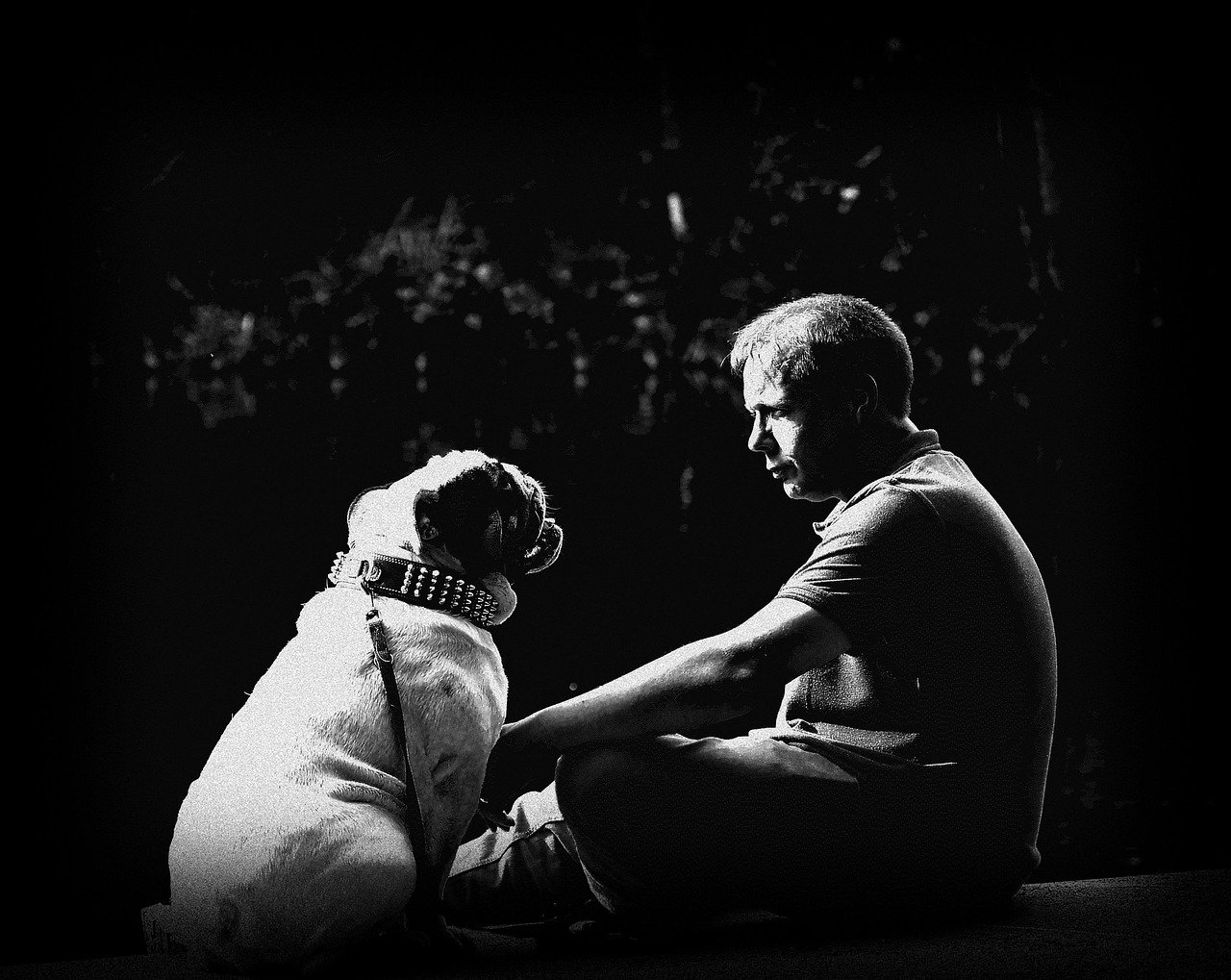
Before you fall in love with a furry face, check your community’s rules. Some retirement communities or condos have strict restrictions on dog ownership, including size limits or breed bans. Even public parks and shared spaces may have leash laws or dog-free zones. Ignoring these rules can lead to fines, awkward confrontations, or even having to give up your pet. Take time to research thoroughly and, if needed, reach out to neighbors or local associations for advice. Making an informed decision now avoids heartbreak down the road.
Final Thoughts
Choosing whether or not to get a dog after retirement is a deeply personal decision, filled with both joy and responsibility. It’s about weighing your lifestyle, health, and dreams against the incredible gift of canine companionship. If you do decide to welcome a dog into your home, you’ll find your days brighter, your steps lighter, and your heart fuller. If you choose to wait, that’s okay too—sometimes the best adventures are the ones you prepare for patiently. Would you have guessed just how much a dog could change your golden years?

Esther is from India; the heartbeat of South Asia, holding a Master’s degree in Zoology and a postgraduate diploma in Animal Welfare. Her enthusiasm for animal welfare drives her passion and dedication to working for animals, ensuring their well-being, and advocating for their rights. With a solid academic background and hands-on experience, she is committed to making a positive impact in the field of animal welfare. In her free time, she enjoys embroidery and sewing. As a Chennaite from Tamil Nadu, Esther loves Bharathanatyam, an Indian classical dance form.

